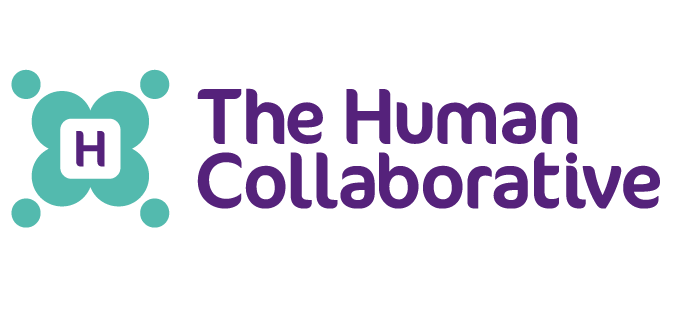Unleashing the Power of Talent Analytics: Transforming HR and Business Success
In today’s fiercely competitive business landscape, organizations are constantly searching for ways to gain a competitive edge. One often overlooked, yet profoundly impactful, area of focus is talent analytics. Talent analytics leverages data-driven insights to optimize the entire talent management lifecycle, from recruitment and retention to performance and succession planning. By leveraging the power of data, organizations can make informed decisions that align talent strategies with business objectives, resulting in improved productivity, reduced turnover, and enhanced overall business performance.
- The Essence of Talent Analytics
Talent analytics involves collecting, analyzing, and interpreting vast amounts of data related to employees and candidates. These data points can include performance metrics, training and development, career progression, compensation history, and more. The key objective is to identify patterns, trends, and correlations that can lead to actionable insights for better talent management practices.
- The Impact on Recruitment and Hiring
Traditional recruitment and hiring processes can be time-consuming and subjective, often leading to suboptimal hiring decisions. Talent analytics revolutionizes this process by enabling HR teams to use data to identify the most effective sources for top talent, assess candidate suitability based on historical performance patterns, and reduce bias in the selection process. By leveraging talent analytics, companies can improve the quality of hires, reduce time-to-fill positions, and enhance candidate experience.
- Enhancing Employee Engagement and Retention
Employee turnover can be a significant cost for organizations. Talent analytics can help identify factors contributing to employee disengagement and dissatisfaction, allowing HR teams to intervene proactively. By understanding the drivers of turnover and low engagement, companies can implement targeted retention strategies, such as personalized training plans, career development opportunities, or changes in workplace policies. A data-driven approach to talent management can create a more engaged and loyal workforce.
- Improving Performance Management
Performance evaluations are a crucial aspect of talent management, but they can be fraught with biases and inaccuracies. Talent analytics empowers managers to assess employee performance based on objective data, setting meaningful performance targets, and tracking progress more effectively. Continuous feedback and personalized development plans can help employees reach their full potential, contributing to a more productive and high-performing workforce.
- Succession Planning and Leadership Development
Identifying and nurturing future leaders is vital for any organization’s long-term success. Talent analytics provides valuable insights into high-potential employees, their skills, and their readiness to take on leadership roles. With this data, organizations can create robust succession plans, ensuring a seamless transition of leadership and reducing the risk of leadership gaps.
- Addressing Diversity and Inclusion
Diversity and inclusion have become fundamental components of successful businesses. Talent analytics can play a pivotal role in promoting diversity by identifying potential biases in recruitment, hiring, and performance management processes. By tracking diversity metrics and analyzing representation at various levels of the organization, companies can develop strategies to foster a more inclusive work environment.
Conclusion
In the digital age, data is the currency of innovation and success. Talent analytics offers a transformative opportunity for organizations to unlock the true potential of their workforce and drive better business outcomes. By harnessing the power of data-driven insights, companies can optimize recruitment, enhance employee engagement, improve performance management, and build a diverse and inclusive workplace.
To stay ahead in the competitive race for talent, organisations must embrace talent analytics as an integral part of their human resources strategy. By doing so, they can cultivate a thriving and high-performing workforce that will propel the company towards a prosperous future.


